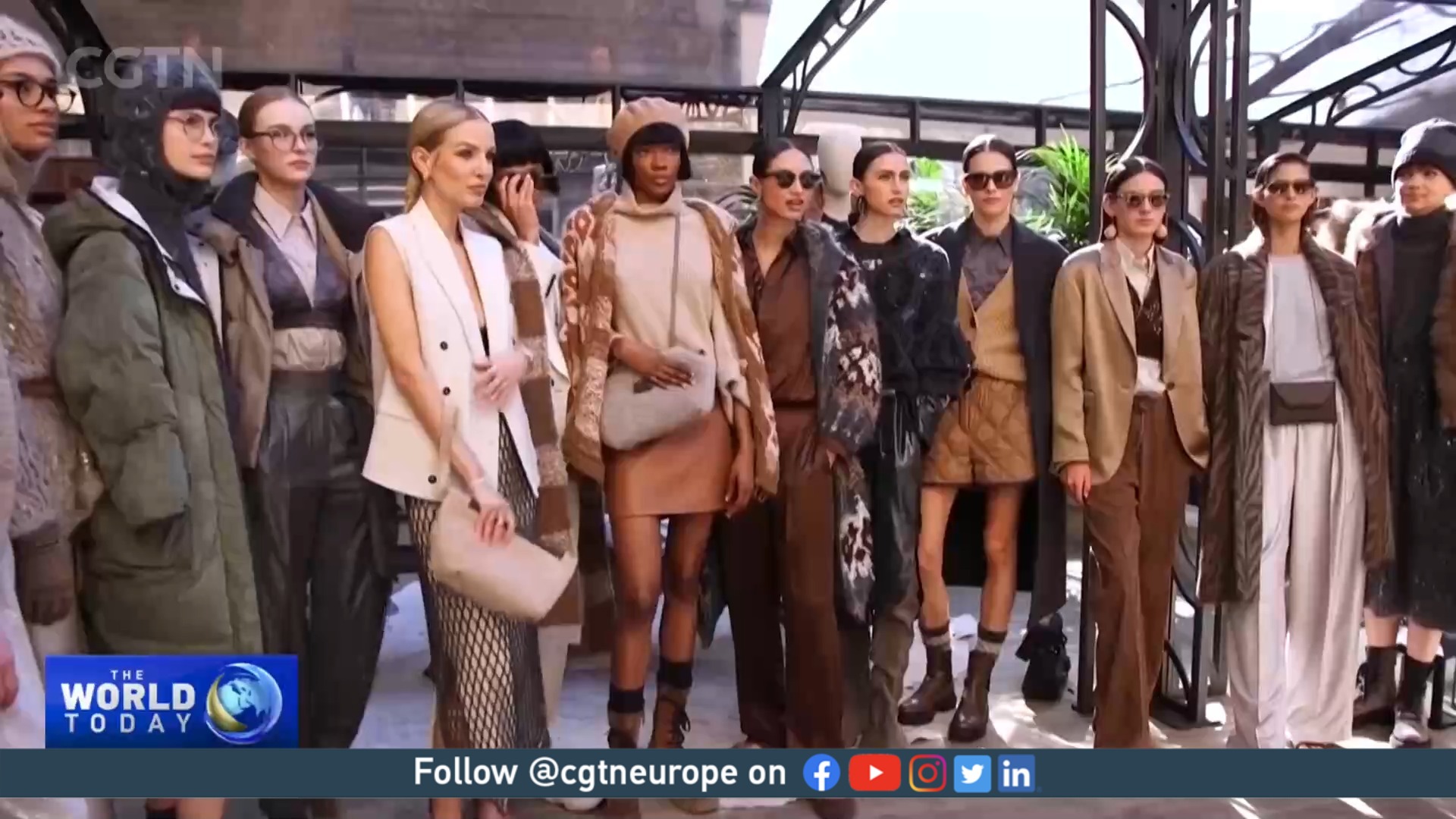02:32

Almost 150 luxury brands from Italy are taking part in the China International Consumer Product Expo in Haikou, Hainan. The luxury sector has been on a rollercoaster ride since the start of the coronavirus pandemic, with lockdowns initially devastating sales figures before so-called "revenge spending" kicked in.
Italy is home to icons of luxury, from Prada shoes to Lamborghini supercars.
READ MORE
Türkiye prepares for momentous elections
Climate changes forces Loggerhead turtles to migrate
World participates in Earth Hour – but what is it?
Both brands are taking part in this year's Consumer Product Expo. They hope it will be an opportunity to make up for lost time after some of the disruption caused by the pandemic.
"The percentage and the relevance of China as a target country is increasing because China as a consumption market is expanding," says Giulio Pugliese from the independent non-profit think tank Istituto Affari Internazionali. "It's the second largest buyer of luxury goods in the world, following the U.S. but by the end of this decade it will probably go from 30 percent of the global market share to 45 percent."
Through its "Made in Italy" slogan, the government promotes Italian craftsmanship around the world.
Via dei Condotti is a busy and fashionable street of Rome where you will find glitzy stores for Italian fashion houses like Gucci and Prada. But for years now, those same brands have been making a large slice of their profits in Asia and, in particular, in China.
However, that same success left luxury brands like Gucci exposed during the pandemic. Gucci's year-on-year sales fell by 14 percent in the fourth quarter of 2022.

Italy is home to icons of luxury, from Prada shoes to Lamborghini supercars. /Lamborghini/CGTN
Italy is home to icons of luxury, from Prada shoes to Lamborghini supercars. /Lamborghini/CGTN
'Revenge spending'
As COVID-19 restrictions in China eased in early 2023, foreign brands can now once again try to expand their footprint inside the country. And with millions of Chinese tourists dusting off their passports, Europe's fashion capitals are hoping for a sales boost despite a tough economic outlook.
"Basically, the demand for luxury goods comes from certain segments of the population and, with such spending power, they do not have to give up luxury goods," explains Michele Costabile, Professor of Marketing, at Luiss University.
"Often, even when there is a negative economic outlook, some segments of the population continue to have steady income and therefore the consumption of luxury goods does not slow down."
In a report last month, U.S. bank Morgan Stanley warned that strong demand from China could be so-called "revenge spending," or consumers loosening their belts after saving during the pandemic.
The U.S. bank also suggested that Chinese consumers will be the "growth engine" for the global luxury goods sector this decade.
Subscribe to Storyboard: A weekly newsletter bringing you the best of CGTN every Friday